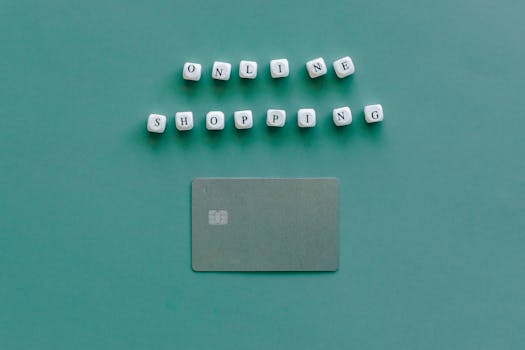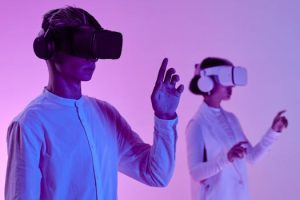Digital Twin Rights: Virtual Identity Protection
Welcome to the digital age, where technology continues to evolve at an unprecedented rate. One of the latest advancements in technology is the concept of a Digital Twin – a virtual representation of a physical object or process. This technology has limitless potential, from improving manufacturing processes to enhancing customer experiences. However, as with any advancement, there is a need to address potential concerns and protect the rights of individuals. In this article, we will explore the concept of Digital Twin rights and how they can ensure virtual identity protection.
The Rise of Digital Twins
In simple terms, a Digital Twin is a virtual version of a real-world object or process. It is created by gathering data from sensors, devices, and systems, and then using this data to create a digital representation. This virtual replica can be manipulated and analyzed to optimize performance, predict potential issues, and improve decision-making.
Digital Twins have been in use for complex systems such as aircraft and industrial equipment for several years now. However, with the advancement of technology, it is now possible to create Digital Twins for almost any physical object. Companies are creating digital copies of their products, buildings, and even entire cities to gain real-time insights and improve processes.
The Need for Digital Twin Rights
While Digital Twins offer numerous benefits, there is a need to address potential concerns regarding data privacy and protection. As these virtual replicas are created using real-world data, they have the potential to store sensitive and personal information. This raises the question – who owns this data and what rights do individuals have over their virtual identity?
Data Collection and Ownership
Creating a Digital Twin requires the collection and use of a vast amount of data. This data can include personal information, such as biometric data, health data, and location data. As such, it is crucial for individuals to have control over what data is collected, how it is used, and who has access to it.
Currently, there are no specific laws or regulations governing the collection and ownership of data for Digital Twins. This leaves a gray area in terms of data privacy and protection. Tech companies are responsible for outlining their data collection and usage policies to individuals, but without legal regulations, there is no guarantee that this information will be safeguarded.
Protection from Misuse
Another concern surrounding Digital Twin rights is the potential for misuse of personal data. With the use of Artificial Intelligence and Machine Learning algorithms, companies can extract valuable insights from a Digital Twin. However, there is a risk that this data can be used for purposes other than its intended use, without the individual’s consent.
There have been cases where companies have used personal data collected from Digital Twins for targeted advertising or sold it to third parties without the individual’s knowledge. This highlights the need for Digital Twin rights to protect individuals’ virtual identity and prevent the misappropriation of personal data.
Ensuring Digital Twin Rights: Virtual Identity Protection
As the use of Digital Twins becomes more prevalent, it is essential to establish and safeguard Digital Twin rights. Here are some steps that can be taken to ensure individuals’ virtual identity is protected:
Data Privacy Regulations
The need for data privacy regulations specific to Digital Twins cannot be ignored. Governments and regulatory bodies must address this issue and establish laws and guidelines for the collection, usage, and protection of data in the context of Digital Twins. This will ensure that companies are held accountable for any misuse of data.
Individual Control over Data
Individuals must have control over their data and be able to choose what information is collected and how it is used. Companies must be transparent about their data collection and usage practices, and individuals should have the right to opt-out of data collection if they choose to do so.
Data Protection Measures
Companies must implement robust data protection measures to safeguard the personal information collected for Digital Twins. This can include encryption, access controls, and regular security audits to ensure the data is secure from cyber threats.
Accountability and Responsibility
Ultimately, companies are responsible for protecting the data they collect for Digital Twins. It is crucial for them to establish strict data governance policies and protocols to ensure the data is only used for its intended purpose and is protected from any potential misuse.
Conclusion
In conclusion, Digital Twins offer a plethora of opportunities for businesses and individuals alike. However, to fully realize their potential, there is a need to establish and safeguard Digital Twin rights. This will ensure individuals’ virtual identity is protected, and their data is not misused or exploited. As technology continues to advance, it is crucial to address these concerns and prioritize the rights and protection of individuals.










